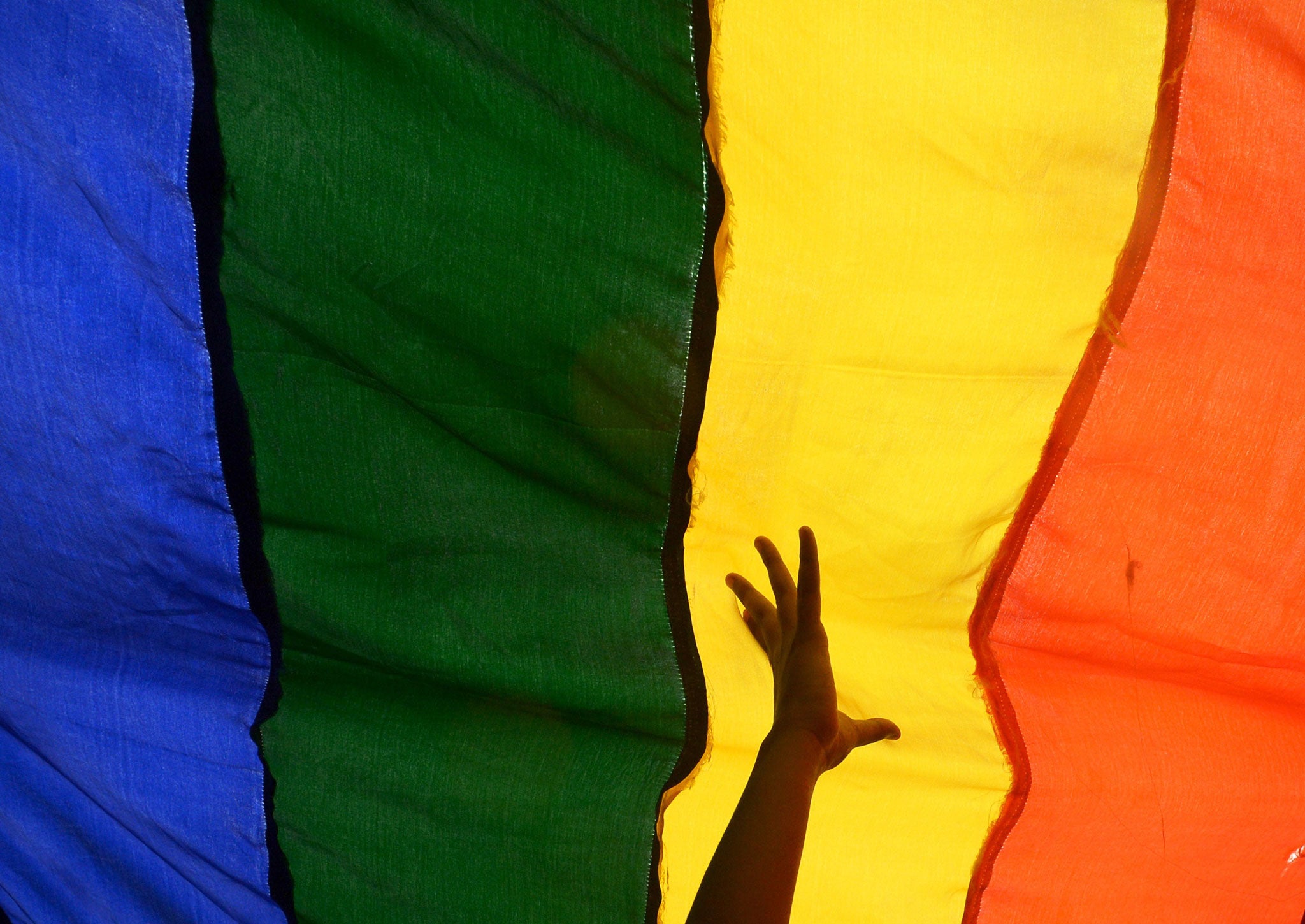The refusal of British schools to educate young people about LGBT issues is destroying lives
We can no longer ignore different sexualities in our classrooms

Your support helps us to tell the story
From reproductive rights to climate change to Big Tech, The Independent is on the ground when the story is developing. Whether it's investigating the financials of Elon Musk's pro-Trump PAC or producing our latest documentary, 'The A Word', which shines a light on the American women fighting for reproductive rights, we know how important it is to parse out the facts from the messaging.
At such a critical moment in US history, we need reporters on the ground. Your donation allows us to keep sending journalists to speak to both sides of the story.
The Independent is trusted by Americans across the entire political spectrum. And unlike many other quality news outlets, we choose not to lock Americans out of our reporting and analysis with paywalls. We believe quality journalism should be available to everyone, paid for by those who can afford it.
Your support makes all the difference.The approach towards covering LGBT issues in the UK’s classrooms is negligible. Even though an increasing number of teenagers are coming out, there’s no recognition that they may need help from teachers or guidance from support services.
One in twenty gay and bisexual men in the UK are HIV positive (compared to 1 in 665 of the general population), yet the reasons for this aren’t covered in any great detail by our teachers. Members of the LGBT community are more likely to be affected by mental health problems, but there’s no real effort to address this, or direct students to the relevant support services if they're not provided by the school. There is nothing to help young men and women deal with their sexuality in any personal, social or health-related way. It is homophobia by omission.
Peter Tatchell and others have recently championed the need for a more inclusive, compulsory sexual health and relationships programme in schools. It’s not an exaggeration to say that it would change lives. Just speak to young LGBT people diagnosed with HIV to see how they feel about the inadequacies of the current sex education programme. According to the support charity Metro, regardless of whether they have HIV or not a disproportionate number of young LGBT men and women self-harm, and have suicidal thoughts.
If we are to “normalise” homosexuality and tackle discrimination then schools are the place to start. Like many, I look back at school with rose-tinted spectacles, most likely because I hadn’t begun to even consider the possibility of coming out till long after. But for many they remain a place of torment, with 65 per cent of those polled in Stonewall’s Living Together report saying they witnessed homophobic bullying. There’s nothing unexpected about this figure, but you’d think that challenging this would be a priority by now.
Instead we’re seeing schools impose Section 28 style bans on the promotion of homosexuality in classrooms. One in seven students, regardless of sexual orientation, are the target of homophobic bullying in schools, yet 60 per cent of these victims said staff witnesses failed to act. As for the LGBT teachers themselves, some have had to resign as a result of their “outing”, while less than a year ago it emerged that others were encouraged to hush up their sexuality. Others have had to lie about their partner’s gender, and refrain from applying for senior positions - all under the watchful gaze of an equalities minister and education secretary who voted against gay marriage.
Too often we show apathy towards tackling homophobia in older generations, justifying it with the belief that they’re too stuck in their ways, or don’t know any better. There can be no such excuses for our supposedly more liberal “millennial” generation. And the key to all of this is making students aware of the available support services, and emphasising the importance of diversity and equality.
Join our commenting forum
Join thought-provoking conversations, follow other Independent readers and see their replies
Comments